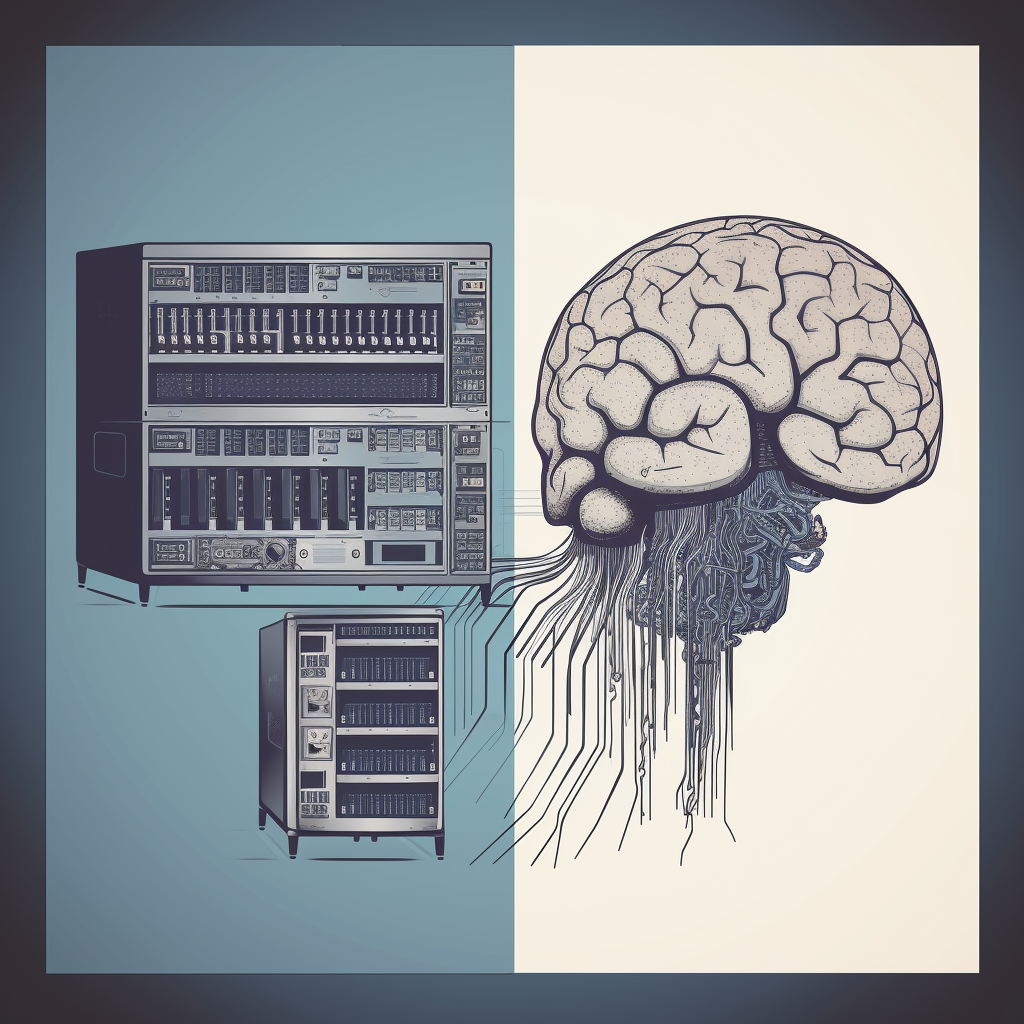Analogy
Definition
Analogy is a noun that refers to a comparison between two things that are alike in some way, often used to explain or clarify one concept by highlighting its similarities with another, more familiar concept.
Parts of Speech
- Noun
Pronunciation
American English
- IPA Pronunciation: /əˈnælədʒi/
- Respelling: uh-NAL-uh-jee
British English
- IPA Pronunciation: /əˈnælədʒi/
- Respelling: uh-NAL-uh-jee
The pronunciation of "analogy" is the same in both American and British English.
Etymology
The word "analogy" originates from the Greek word "analogía," meaning "proportion" or "correspondence," which combines "ana-" (up or again) and "logos" (reason or word). The term entered English in the late 15th century, initially used in logic and rhetoric to describe reasoning based on similarity.
Derivatives
- Analogous (adjective)
- Analogize (verb)
- Analogously (adverb)
- Analogist (noun)
- Analogue (noun)
Synonyms
- Comparison
- Similarity
- Parallel
Antonyms
- Difference
- Contrast
- Dissimilarity
Usage
The term "analogy" is widely used in educational, rhetorical, and scientific contexts to help explain a concept by comparing it to a similar idea. For example, "The teacher used an analogy to explain the flow of electricity," or "Her analogy clarified the complex idea for the audience." It is a tool for understanding by relating unfamiliar concepts to familiar ones.
Related Terms
- Metaphor: A figure of speech that directly refers to one thing by mentioning another for rhetorical effect.
- Simile: A figure of speech comparing two different things, often introduced by "like" or "as."
- Homology: The existence of shared ancestry between a pair of structures or genes in different species.
Detailed Definitions
Noun
- A comparison based on similarity: Refers to the use of similarity between two things to explain or clarify a concept.
- Example: "The analogy between the human brain and a computer helps explain its functions."
- Logical reasoning from parallel cases: In logic, refers to a form of reasoning that relies on the assumption that if two things are alike in some aspects, they may be alike in others.
- Example: "The analogy was used to support his argument."
analogy



Mandarin (🇨🇳)
- 类比 (lèibǐ) /
- IPA: /leɪ̯˨˩pi˨˩˦/
- Respelling: lay-bee
Hindi (🇮🇳)
- उपमा (upmā) /
- IPA: /ʊpˈma/ /
- Respelling: oop-maa
- अनुरूपता (anurūptā) /
- IPA: /ənʊˈruːptaː/ /
- Respelling: uh-noo-roop-taa
Spanish (🇪🇸)
- Analogía /
- IPA: /anaˈloɣia/ /
- Respelling: ah-nah-LOH-hee-ah
French (🇫🇷)
- Analogie /
- IPA: /analɔʒi/ /
- Respelling: ah-nah-loh-zhee
Modern Standard Arabic (🇸🇦)
- قياس (qiyās) /
- IPA: /qiˈjaːs/ /
- Respelling: kee-YAAS
Bengali (🇧🇩)
- অনুরূপতা (anurūpta) /
- IPA: /ɔnurupta/ /
- Respelling: aw-noo-roop-tah
Russian (🇷🇺)
- Аналогия (analogiya) /
- IPA: /ɐnɐˈloɡʲɪjə/ /
- Respelling: ah-nah-LOH-ghee-yuh
Portuguese (🇵🇹🇧🇷)
- Analogia /
- IPA: /ɐnɐˈloʒiɐ/ (European) /ˌanɐˈloʒiɐ/ (Brazilian) /
- Respelling: ah-nah-LOH-zhee-uh (European) / ah-nah-LOH-zhee-ah (Brazilian)
Indonesian (🇮🇩)
- Analogi /
- IPA: /analɔɡi/ /
- Respelling: ah-nah-LOH-gee
German (🇩🇪)
- Analogie /
- IPA: /ʔanaˈloɡiː/ /
- Respelling: ah-nah-LOH-gee
Japanese (🇯🇵)
- 類推 (rui-sui) /
- IPA: /ɾɯi̯ːsɯi̯/ /
- Respelling: roo-ee-soo-ee
Vietnamese (🇻🇳)
- Sự tương tự /
- IPA: /sɨˀ twəːŋ ʈɨ/ /
- Respelling: soo twuhng too
Korean (🇰🇷)
- 유사성 (yusaseong) /
- IPA: /jusʰasʰʌŋ/ /
- Respelling: yoo-sah-seong
Turkish (🇹🇷)
- Benzetme /
- IPA: /benˈzetme/ /
- Respelling: ben-ZET-meh
Urdu (🇵🇰)
- مشابہت (mushābat) /
- IPA: /mʊˈʃaːbət/ /
- Respelling: moo-SHAH-buht





